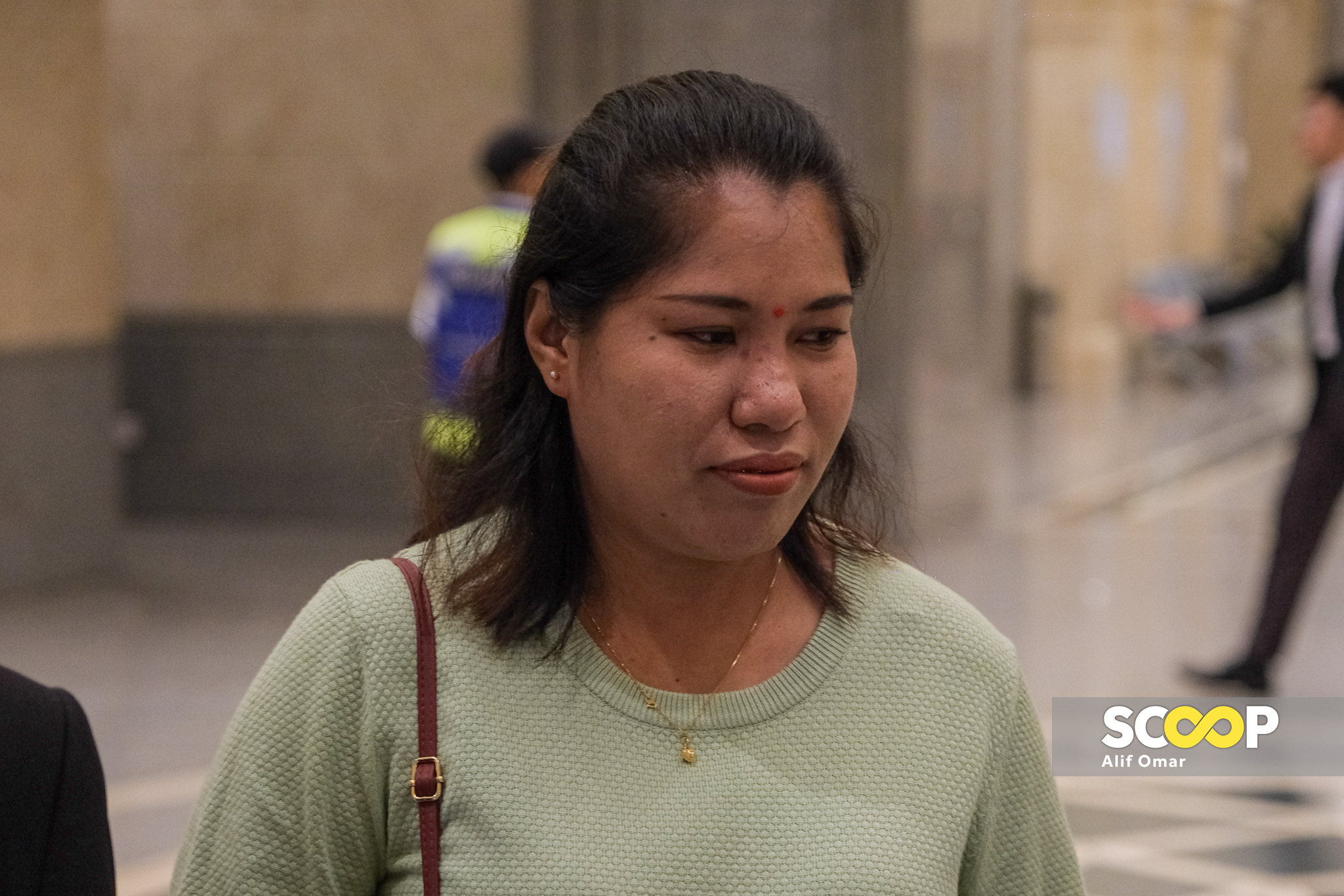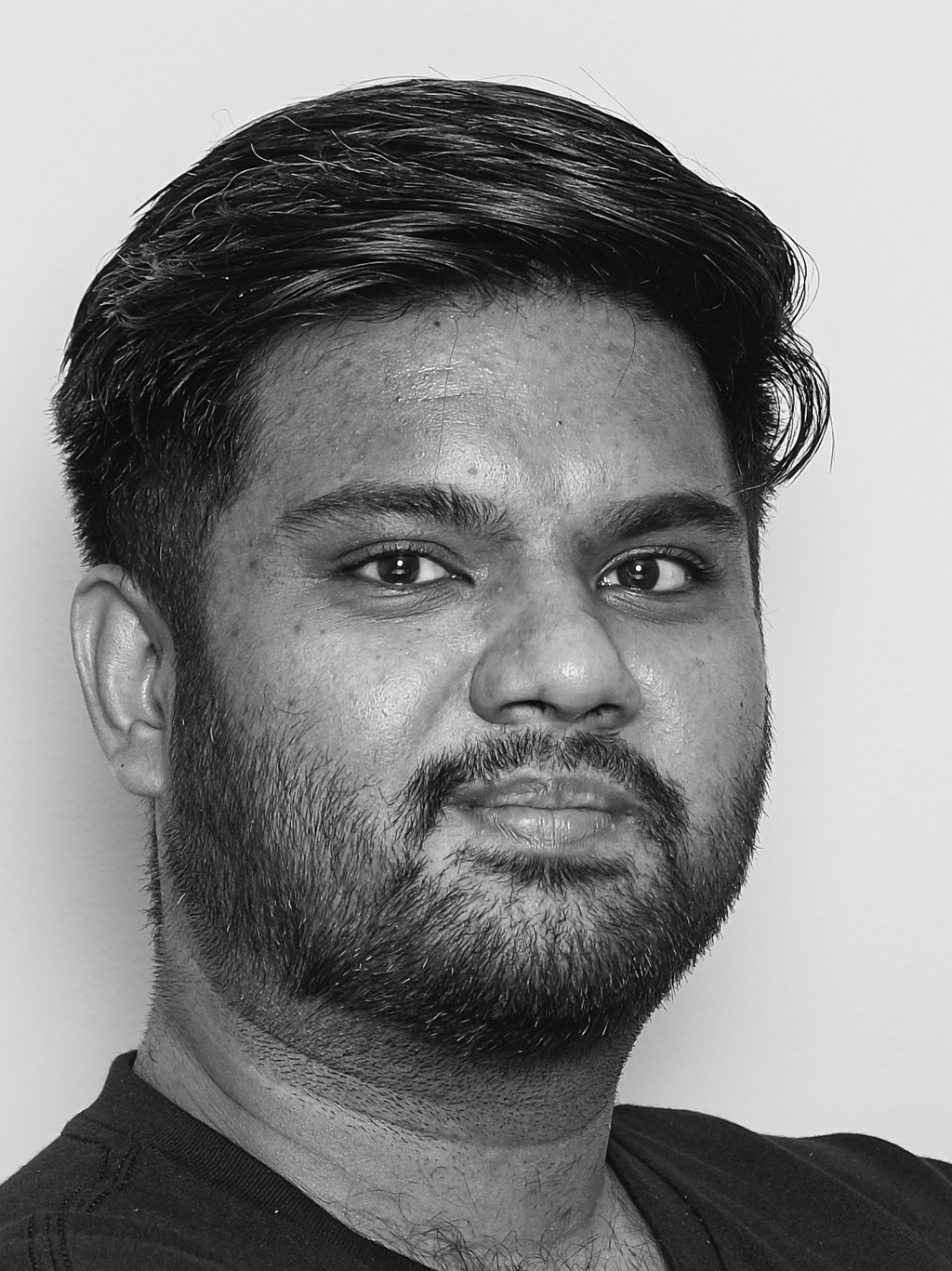KUALA LUMPUR — Public commentary has painted the Federal Court’s dismissal of the Perlis government’s review application in Loh Siew Hong’s case as a religious flashpoint — but the state’s lawyer insists the matter was strictly legal.
Mohamed Haniff Khatri Abdulla, who represented the Perlis government, said the review application about whether due process was followed in an earlier decision and not on dissatisfaction with the outcome or religious concerns.
Single mother Loh’s three children remain Hindus, the apex court ruled in dismissing the Perlis government’s review application to reinstate them as Muslims, two days ago.
“It had nothing to do with whether we were happy with the 2024 decision.
“It was about whether the process breached principles of natural justice,” he told Scoop.

Perlis filed the review after the Federal Court in 2024 denied leave to appeal a Court of Appeal ruling that affirmed the Hindu faith of Loh’s three children. The state was involved as Loh’s children had been registered as Muslims in the Perlis Registrar of Converts by her ex-husband in 2020.
Haniff said one of the key issues raised during the review application was that the court had not properly considered the Malay version of the Federal Constitution.
“In the English version, Article 12(4) of the Federal Constitution states that the religion of minors shall be decided by their parent or guardian.
“However, the Malay version, says ‘ibu atau bapanya atau penjaganya’ (mother, father or guardian).
“Our position was that the Malay version should take precedence, and that point was not truly heard. That’s what led us to file the review,” Haniff said.
On April 8, the Federal Court dismissed the review application, ruling that the state had not met the threshold to show a miscarriage of justice.
Haniff also acknowledged the religious undertones of the case in the public domain but cautioned against commentary not grounded in fact.
“I hope the public understands this can be discussed — but get the proper information from the right parties first.
“Don’t say the system is against Islam, or that the Perlis state government is against religious minorities.
“If your only source is social media, then you’re going about it the wrong way,” Haniff added.

Meanwhile, lawyer A. Srimurugan, who represented Loh, noted that due to the religious undertones of the case, it was unsurprising that some members of the public might struggle to view it purely as a legal matter.
He also felt that the federal government has failed to take action against individuals who exploit religious issues and insult other faiths.
“The government, by not doing anything, is encouraging people to continue making such statements,” Srimurugan told when contacted.
Additionally, Srimurugan also encouraged the public to understand that the issue of unilateral conversion of minors tear families apart and is detrimental to children.
“My advice to people is that you don’t do to others what you don’t want done to yourself.
“How would you feel if a parent of a Muslim child goes overseas to convert the kid?
“This is not an issue of religion, but what’s best for our children,” Srimurugan said.
In 2020, Loh’s former husband, Muhammad Nagahswaran Muniandy, unilaterally converted their children to Islam.
Loh challenged the conversions in the High Court, arguing they violated Article 12(4), but the court dismissed her case.
The Court of Appeal reversed that decision in January 2024, finding the conversions unconstitutional.
The ruling followed the Federal Court’s 2018 decision in M. Indira Gandhi’s case, which held that the consent of both parents is required before a child’s religion can be changed.
The Perlis state government sought to appeal that ruling, but the Federal Court refused the application. It ruled there was no reason to depart from the Indira Gandhi precedent. – April 10, 2025


